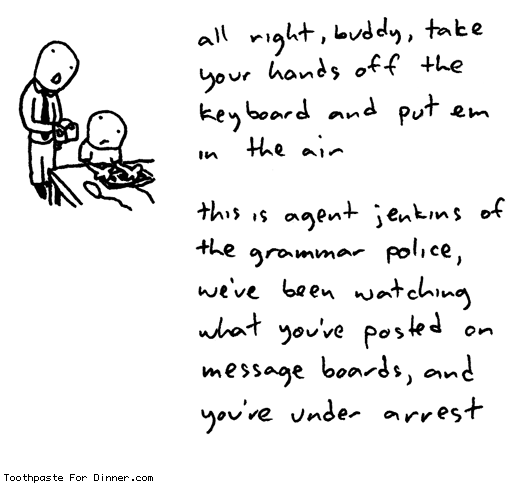 The Toyota recalls and unfolding corporate cover-up have inspired TV political analysts to use a flurry of Japanese-related idioms with a few Hollywood film allusions thrown in. Here are some questions readers have about the source of the expressions.
The Toyota recalls and unfolding corporate cover-up have inspired TV political analysts to use a flurry of Japanese-related idioms with a few Hollywood film allusions thrown in. Here are some questions readers have about the source of the expressions. Q. What do reporters mean when they say Kabuki Dance?
A. Kabuki Dance is a complex metaphor. Kabuki is a Japanese dance/drama form that dates back to 1603. The metaphor is usually used to describe a government or corporate cover-up of corruption, marked by officials changing their stories.
In Kabuki, actors strike stylized poses, wear heavy make-up, and sometimes masks. Actors appear out of nowhere hanging in the air on invisible wires. Stagehands dress completely in black and are therefore invisible to the audience when the stage is dark. The sets are stealthily changed in an instant by the invisible crew. Stages sometimes revolve and have trap doors that allow actors to appear and disappear quickly. Finally a common plot in Kabuki theater is scandal involving government officials. All of these characteristics make Kabuki Dance a multi-faceted metaphor for double-talking, double-dealing, sneaky tactics to avoid telling the truth, and the impression that hidden powers lurking in the darkness are pulling the strings.
Q. What does the expression time to open the kimono mean? I’ve heard it used in dialogue on a TV drama and in a commercial.
A. Time to open the kimono is business slang from the 1980s when Japanese corporations were taking over many American companies. It means the same thing as opening the books or putting all your cards on the table, meaning to disclose all financial data. The recent problem with Toyota has no doubt revived the kimono expression.
Q. I often hear political pundits use the expression “I’m shocked, shocked,” which everybody seems to understand but me. Can you shed some light on what it means?
A. “I’m shocked, shocked,” is a famous quote from the 1942 film classic Casablanca starring Humphrey Bogart, Ingrid Bergman, and Claude Raines. Pundits use the expression to label a politician’s or CEO’s remarks obvious and predictable. The quote is from a scene where a German General orders Casablanca Police Captain Renault to close down Rick’s Café and Casino. The dialogue goes like this . . .
Rick: How can you close me up? On what grounds?
Capt. Renault: I’m shocked, shocked to find that gambling is going on in here!
(A croupier hands Renault a pile of money)
Croupier: Your winnings, sir.
Capt. Renault: [soto voce] Oh, thank you very much.
Capt. Renault: [aloud] Everybody out at once!
Q. I’ve seen the movie Groundhog Day, but I don’t understand what it means when used by political analysts. What are they referring to?
A. Pundits often use Groundhog Day to describe two situations in particular. One is when a politician has a bad day that closely follows a previous bad day. It’s also used to describe recurring problems. In the 1993 movie Groundhog Day, Bill Murray plays a weatherman who becomes the victim of an unexplained supernatural phenomenon. He wakes up and lives the same day over and over and over again. A quote from the film is “He’s having the worst day of his life . . . over and over . . .”
Eventually the news cycle comes to an end as it will with Toyota. When the spotlight shifts to focus on a new crisis or scandal, political analysts will pull out a different set of allusions, metaphors, and quotations to spice up their analysis. I doubt if pundits realize how obscure many of these references are since they tend to talk to other pundits both on and off the air.
---
 Mary Jane McKinney is the creator and owner of Grammardog.com LLC, publisher of grammar, style, and proofreading exercises that use sentences from literature. She is a former high school English teacher and dedicated grammarian whose column Plain English appears in several Texas newspapers.
Mary Jane McKinney is the creator and owner of Grammardog.com LLC, publisher of grammar, style, and proofreading exercises that use sentences from literature. She is a former high school English teacher and dedicated grammarian whose column Plain English appears in several Texas newspapers.Grammardog.com LLC, P.O. Box 299, Christoval, TX 76935, www.grammardog.com, 325-896-2479, fifi@grammardog.com.








